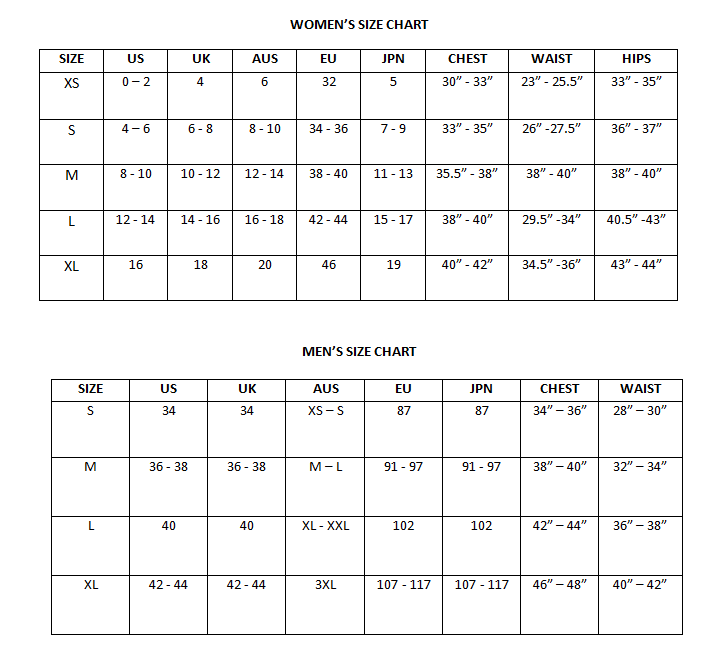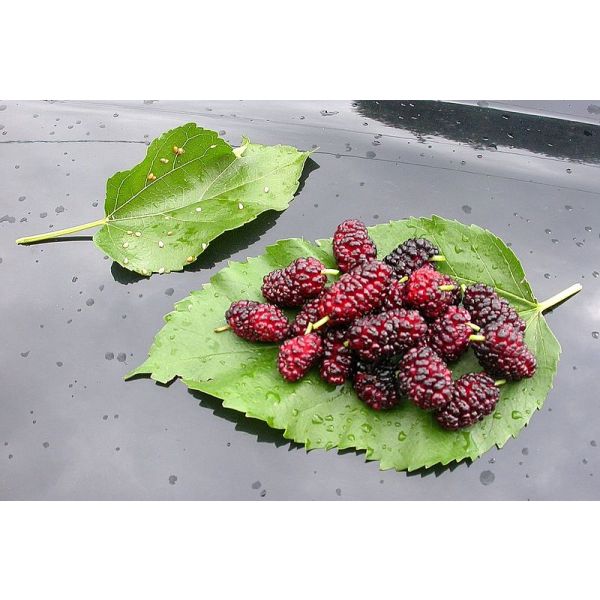White Mulberry Seeds (Morus Alba)
White Mulberry Seeds (Morus Alba)
Sweet fruits and lush foliage. Ideal for gardens, parks, and attracting wildlife!

Delivery
All orders shipped with UPS Express.
Always free shipping for orders over US $250.
All orders are shipped with a UPS tracking number.
Returns
Items returned within 14 days of their original shipment date in same as new condition will be eligible for a full refund or store credit.
Refunds will be charged back to the original form of payment used for purchase.
Customer is responsible for shipping charges when making returns and shipping/handling fees of original purchase is non-refundable.
All sale items are final purchases.
Help
Give us a shout if you have any other questions and/or concerns.
Email: contact@domain.com
Phone: +1 (23) 456 789
Availability: In stock
SKU
Morus Alba
Morus Alba, commonly known as White Mulberry, is native to China.
White Mulberry is a small- to medium-sized, fast-growing, deciduous tree. Its leaves have been used in China since 2600 B.C. as the primary diet for silkworms used to make silk. Trees were introduced into North America in colonial times in an effort to establish a silk industry. Several varieties of this species have been widely planted in North America and have become naturalized.
Morus Alba has a furrowed orangish-brown bark, glossy lobed leaves and white to purple berry-like fruit. Flowers appears from April to June. Fruits form from female flowers and mature in June. Fruits are loved by birds.
Morus Alba may be confused with native red mulberry (Morus rubra) which has larger leaves that are dull and rough.
The tree is relatively tolerant of drought, salt, pollution and poor soils. It is best grown in rich, moist, well-drained soils and in full sun to part shade.
Hardiness zone : 5-9
| Common name | White Mulberry, Silkworm Mulberry |
|---|---|
| Family | Moraceae |
| Genus | Morus |
| Species | Morus alba |
| Therapeutic uses | The leaves are antibacterial, astringent, diaphoretic, hypoglycaemic, odontalgic and ophthalmic. They are taken internally in the treatment of colds, influenza, eye infections and nosebleeds. A tincture of the bark is used to relieve toothache. The fruit has a tonic effect on kidney energy. It is used in the treatment of urinary incontinence, dizziness, tinnitus, insomnia due to anaemia, neurasthenia, hypertension, diabetes, premature greying of the hair and constipation in the elderly. The root bark of Morus alba (Moraceae) has been used as a traditional medicine in Asian countries and exhibits antibacterial activity against food poisoning micro-organisms. |
| Germination | Sow seed on the surface of the soil, tamp soil, mulch seed bed and cover seedbed with shade. If you sow unstratified seeds in Spring, germination will occur the next spring. |
| Scarification / Stratification | Scarification: Soak in water for 24 hours, change water each day, repeat process daily for 4 days. Stratification: Cold stratify for 90 days. |
| Price View | Price Range |

